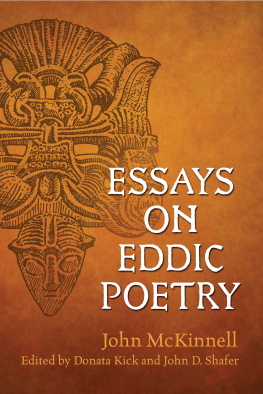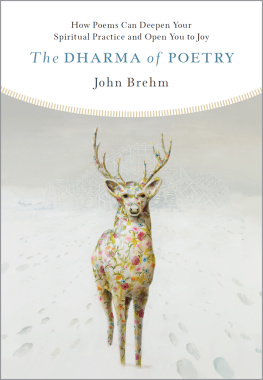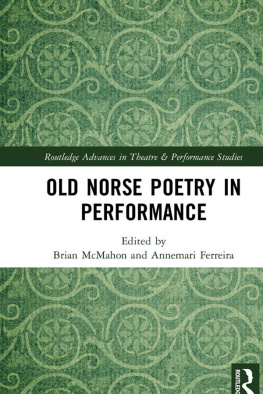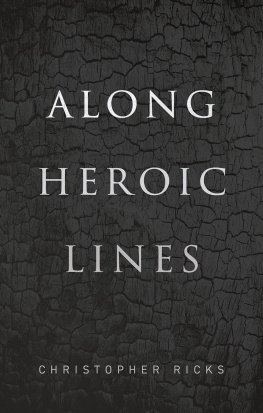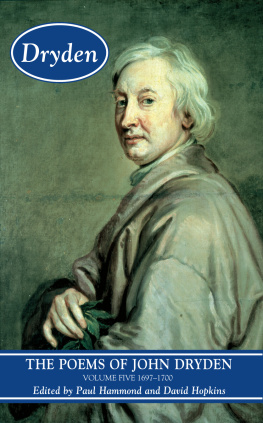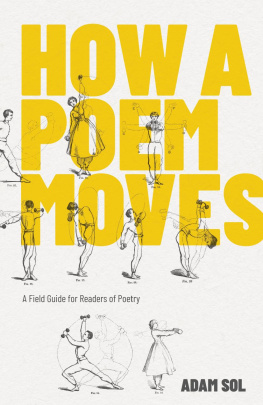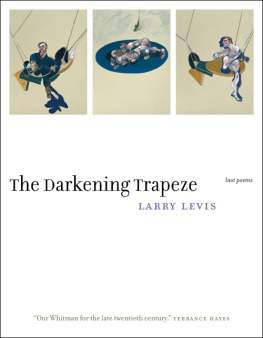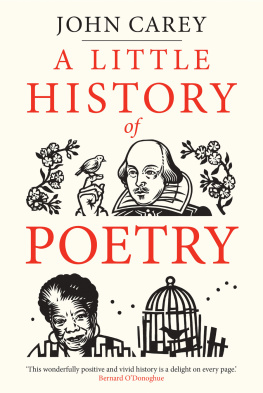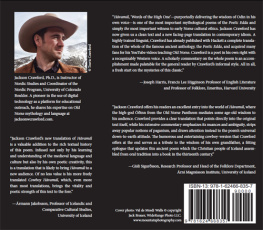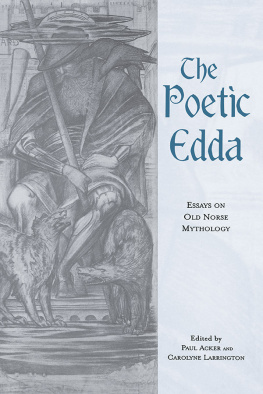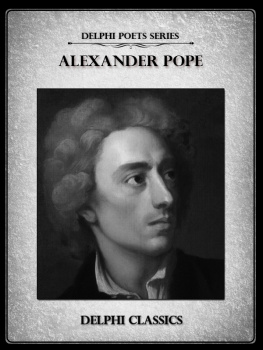Edited by Donata Kick and John D. Shafer
Essays on Eddic Poetry
John McKinnell
Edited by Donata Kick and John D. Shafer
Essays on Eddic Poetry presents a selection of important articles on Old Norse literature by noted medievalist John McKinnell. While McKinnells work addresses many of the perennial issues in the study of Old Norse, this collection has a special focus on the interplay between heathen and Christian world-views in the poems.
Among the texts examined are Hvaml, which includes an elegantly cynical poem about inns sexual intrigues and a more mystical one about his self-sacrifice on the world-tree in order to gain magical wisdom; Vlundarkvia, which recounts an elvish smiths revenge for his captivity and maiming; and Hervararkvia, where the heroine bravely but foolishly raises her dead father to demand the deadly sword Tyrfingr from him.
Originally published between 1988 and 2008, these twelve essays cover a wide range of mythological and heroic poems and have been revised and updated to reflect the latest scholarship.
(Toronto Old Norse and Icelandic Series)
JOHN MCKINNELL is an emeritus professor of Medieval Literature at Durham University.
DONATA KICK is an independent scholar with a PhD in medieval studies from Durham University.
JOHN D. SHAFER holds a PhD from Durham University. He is a Visiting Fellow in the School of English at the University of Nottingham.
University of Toronto Press 2014
Toronto Buffalo London
www.utppublishing.com
Printed in the U.S.A.
ISBN 978-1-4426-1588-5

Printed on acid-free paper.
Library and Archives Canada Cataloguing in Publication
McKinnell, John, author Essays on eddic poetry / John McKinnell; edited by Donata Kick and John D. Shafer.
Includes bibliographical references and index. ISBN 978-1-4426-1588-5 (pbk.)
1. EddasHistory and criticism. 2. Old Norse poetryHistory and criticism. 3. Mythology, Norse, in literature. I. Kick, Donata, editor of compilation II. Shafer, John D., 1982-, editor of compilation III. Title.
PT7235.M35 2014 839.6'1009 C2013-908447-9
University of Toronto Press gratefully acknowledges the financial assistance of the Centre for Medieval Studies, University of Toronto, in the publication of this book.
University of Toronto Press acknowledges the financial assistance to its publishing program of the Canada Council for the Arts and the Ontario Arts Council.

University of Toronto Press acknowledges the financial support of the Government of Canada through the Canada Book Fund for its publishing activities.
Acknowledgments
The essays in this book have previously been published in the places listed below, but in many cases this re-publication has provided an opportunity to include revisions, second thoughts, and reflections on more recently published work on the topics concerned. To avoid the problems in citation that this might cause, those essays that have been significantly revised have also had their titles modified since their first publications (which are not included in the Bibliography).
1. Vlusp and the Feast of Easter is reprinted from alvssml 13 (2008), 328, where it is at present only available online at http://alvissmal.org/ 12vsp.pdf.
2. On Heir and Gullveig is a revised version of On Heir, Saga-Book 25:4 (2001), 394417.
3. The Evolution of Hvaml is a revised and slightly shortened version of The Making of Hvaml, Viking and Medieval Scandinavia 3 (2007), 75116.
4. Hvaml B: a Reconstructed Poem of Sexual Intrigue is a shortened version of Hvaml B: a Poem of Sexual Intrigue, Saga-Book 29 (2005), 83114.
5. Wisdom from Dead Relatives: the Ljatal section of Hvaml is a shortened version of Wisdom from the Dead: The Ljatal Section of Hvaml, Medium vum 76 (2007), 85115.
6. The Paradox of Vafrnisml is a revised version of Late Heathen Views of the World: 1. Vafrnisml, chapter 4 of John McKinnell and Maria Elena Ruggerini, Both One and Many (Rome: Il Calamo, 1994), 87106.
7. Motivation and Meaning in Lokasenna is a revised version of Motivation in Lokasenna, Saga-Book 22:34 (198788), 23462.
8. Myth as Therapy: the Function of rymskvia first appeared in Medium vum 69 (2000), 120.
9. Vlundarkvia: Origins and Interpretation is a revised version of The Context of Vlundarkvia, Saga-Book 23:1 (1990), 127, a shortened form of which was then reprinted in The Poetic Edda: Essays on Old Norse Mythology, ed. Paul Acker and Carolyne Larrington (New York: Routledge, 2002), 195212.
10. Female Reactions to the Death of Sigurr is revised from Female Reactions to the Death of Sigurr / Sfrit, in La Chanson des Nibelungen hier et aujourdhui, ed. Danielle Buschinger and Wolfgang Spiewok, Wodan 7 (1991), 99111.
11. Two Sex Goddesses: orgerr Hlgabrr and Freyja in Hyndlulj is a revised version of orgerr Hlgabrr and Hyndlulj, in Mythological Women: Studies in Memory of Lotte Motz, ed. Rudolf Simek and Wilhelm Heizmann (Vienna: Fassbaender, 2002), 26590.
12. The Trouble with Father: Hervararkvia and the Adaptation of Traditional Story-patterns is a revised version of The Trouble with Father: Hervararkvia and Cross-Sexual Encounters with the Other World, in Myth and Its Legacy in European Literature, ed. N. Thomas and F. le Saux (Durham: Durham Modern Language Series, 1995), 6392.
We are grateful to the following editors in whose journals these chapters originally appeared: Dr Donald Tuckwiller (chapter 1), The Council of the Viking Society for Northern Research (chapters 2, 4, 7, and 9), Dr Simon Forde (chapter 3), Professors Nigel Palmer and Corinne Saunders and Dr David Rundle (chapters 5 and 8), Professor Teresa Proli and Sgna Liberati (chapter 6), the editors of Reineke-Verlag Greifswald (chapter 10), Professor Rudolf Simek and Mrs Marlis Flotow (chapter 11), Drs Neil Thomas and Franoise le Saux (chapter 12). We would also like to express our gratitude to Professor Andy Orchard and the Centre for Medieval Studies at the University of Toronto, and to Suzanne Rancourt at the University of Toronto Press, who have been instrumental in seeing this project to publication. In particular, we would like to thank the Centre for Medieval Studies at the University of Toronto for granting us a generous publication subsidy for this volume. Dr David Ashurst provided a great deal of advice and material assistance in the early stages of this project, and for his great good-will and energy we are most grateful. The responsibility for any errors or lapses that remain lies entirely with the author and the editors.
Introduction
John McKinnells appetite for medieval studies and traditional narrative was originally whetted by the traditions of oral history, ballad, and storytelling in the small fishing and farming community on the east coast of Scotland where he spent much of his childhood. As a student at Worcester College, Oxford, and later at the Arnamagnan Institute in Copenhagen, McKinnell was inspired with an enthusiasm for Old Norse mythological and heroic poetry by the major figures whose lectures he heard and under whom he studied, including J.R.R. Tolkien, Gabriel Turville-Petre, Stefn Karlsson, and Jn Helgason. He was appointed to a temporary lectureship in medieval literature at the University of Durham in 1965, and remained there throughout his career, retiring as a professor in December 2007; he continues to do some teaching and examining in Durhams English Studies department and remains active in research.

